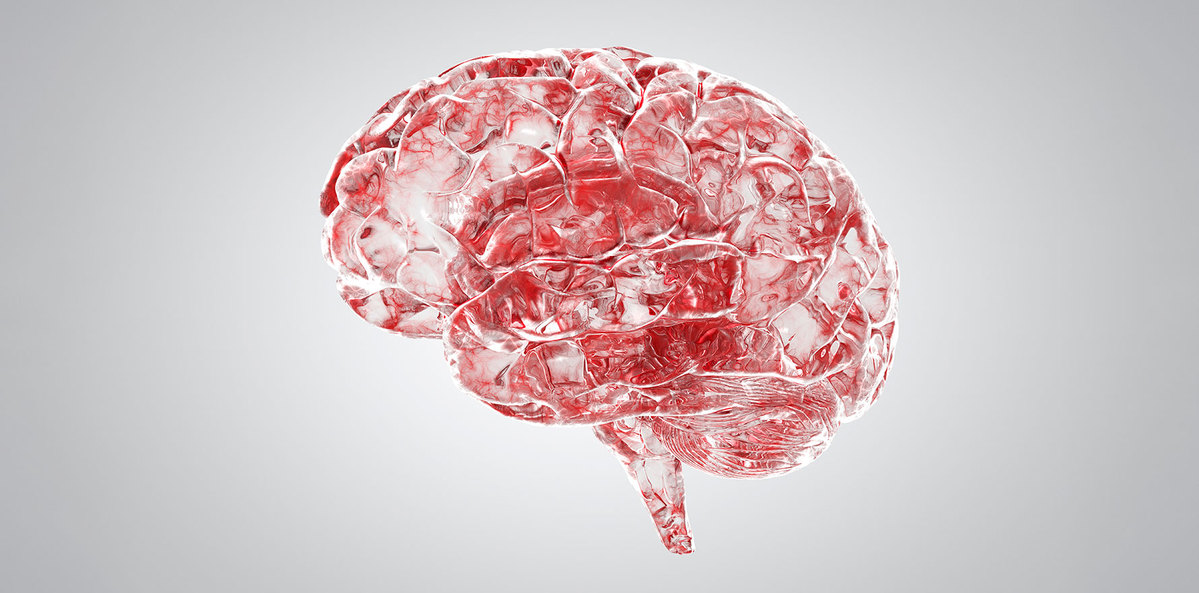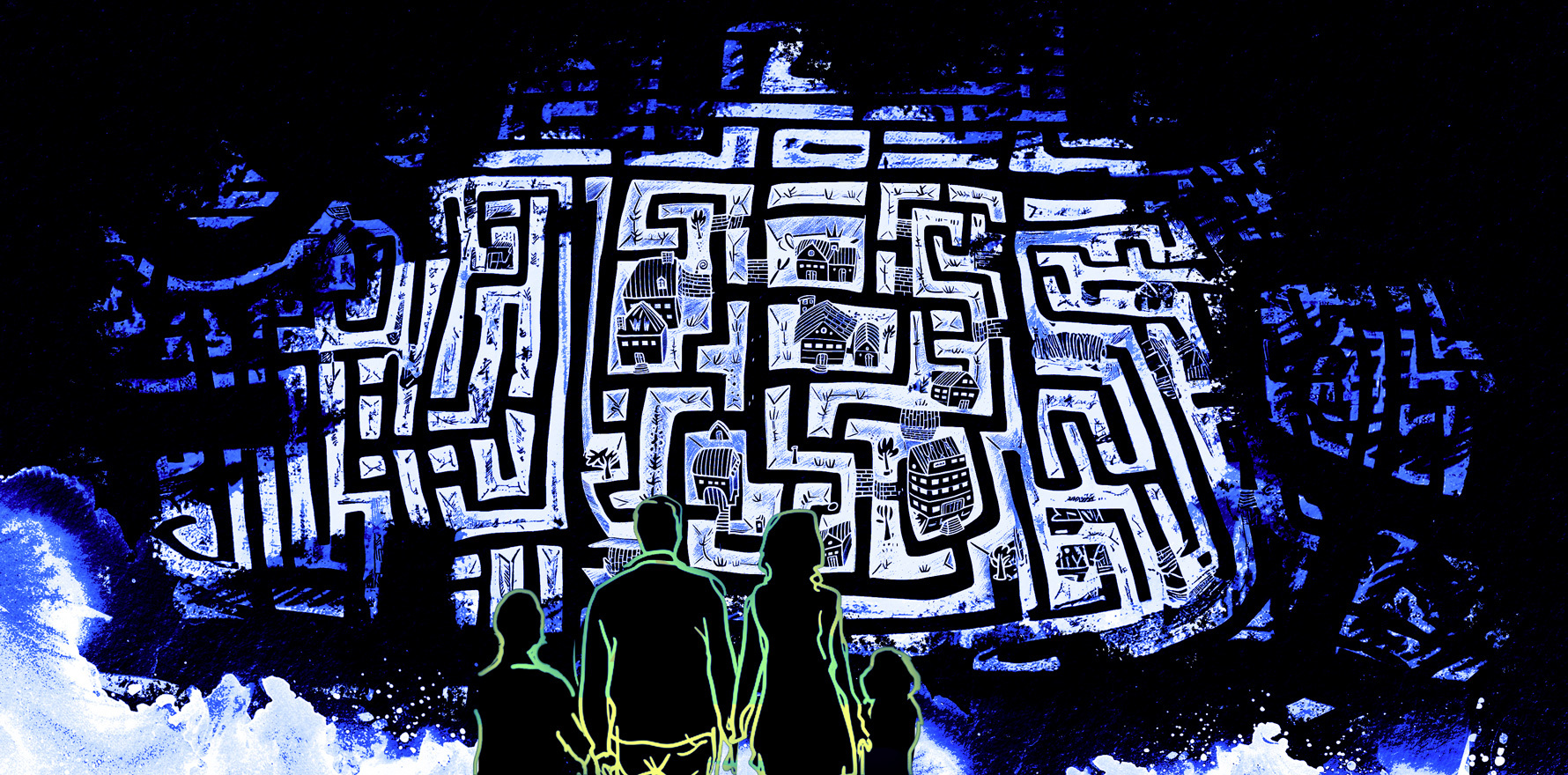The monoclonal antibody hasn’t shown sufficient benefit given the risks, the agency says.
Lecanemab has been denied registration in Australia for the treatment of mild cognitive impairment and early Alzheimer’s disease, with the TGA finding the benefits to patients did not outweigh the safety risks.
Eisai, the maker of the amyloid-targeting monoclonal antibody (sold as Leqembi), has said it plans to ask the TGA to reconsider.
Clinical study data, the TGA said in announcing its initial decision, “demonstrated that patients treated with LEQEMBI experienced a reduction in disease progression compared to those given a placebo, however this difference was not deemed significant enough to provide a meaningful clinical benefit or to outweigh the associated safety risks. In particular, the TGA delegate considered the frequent occurrence of amyloid-related imaging abnormalities (ARIA) in patients treated with LEQEMBI.”
The TGA said it would publish a detailed summary of this decision, “along with the outcome of any review, via an Australian Public Assessment Report, when any review period is complete”.
The decision was backed by the TGA’s independent Advisory Committee on Medicines.
Lecanemab is approved for use in the US, UK, Japan, China, South Korea, Hong Kong, United Arab Emirates and Israel but was rejected by the European Medicines Agency in July.
When the FDA approved lecanemab last year, at least four members of its advisory committee had ties to the manufacturers. This followed a ruckus over drug classmate aducanumab, which was rejected by a more independent committee but approved by the FDA nonetheless.
The FDA this year approved a third such drug, donanemab, despite unconvincing trial results from maker Eli Lilly.
Dementia Australia said it was disappointed by the TGA’s decision, which CEO Professor Tanya Buchanan said would deprive Australians of the choice to access the potential benefits of the new treatment.
“While we respect the TGA as Australia’s medicines regulator, should this decision be upheld it will be a blow to Australians who may be able to benefit from Lecanemab,” she said in a statement.
“Dementia Australia is disappointed that Australians living with Alzheimer’s disease in its early stages may be unable to access the same choice of treatments as people living in other countries,” Professor Buchanan said.
“Lecanemab is not a cure and is not for all people with a diagnosis of Alzheimer’s disease. Like many medicines it also comes with some significant risks. It is however, widely seen as an historic first step towards reducing the huge impact of Alzheimer’s disease and for people living with the condition it signified hope.”
Related
Eisai told media it was unusual for the TGA to issue a public statement about the initial decision while the review process was ongoing.
“Bringing new medicines to the Australian market is a complex process, and therefore it is important that both the TGA and Eisai have sufficient time to review all points raised as part of the established TGA evaluation process, before a final decision is made … The positive clinical trial results, with gold standard validated endpoints which were discussed with health authorities at the design of the trial, provide confidence for our ongoing efforts to secure approval for the medicine in Australia.”





